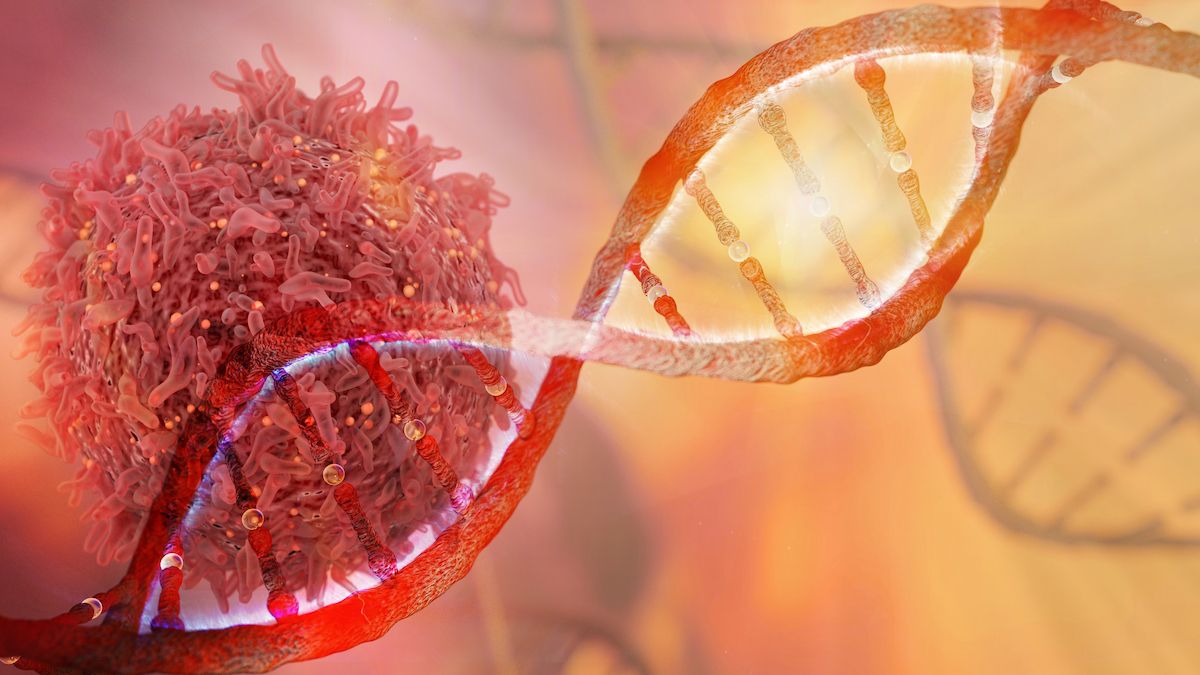Cancer and neoplasms
Communication Prior to Tumor Sequencing Proves Beneficial in Late-Stage Cancer
“Because the patient’s condition may affect their treatment preferences, clinicians should reconfirm their interest in receiving secondary findings, document the preference in the electronic medical record, and time this disclosure appropriately,” according to Stacy W. Gray, MD.
Administering pre-test discussions and adequately preparing patients for unanticipated, inheritable genetic findings prior to tumor sequencing showed significant benefits in patients with late-stage cancer for their treatment and recovery, according to research conducted by City of Hope.1
In interviews conducted by researchers, patients’ emotions and responses ranged from gratitude to regret depending on how much counseling and education they received prior to tumor testing and diagnosis.
“Communication with [patients with] cancer is critical so they can provide informed consent about their treatments. It is important for providers to have conversations with patients they are treating to explain the difference between somatic and germline testing and talk about the possibility that tumor testing may reveal unanticipated, inheritable findings or no actionable findings at all,” Stacy W. Gray, MD, author of the study, chief of the Division of Clinical Cancer Genomics and professor in the Department of Medical Oncology and Therapeutics Research at City of Hope, said in a press release regarding the study.2 “Because the patient’s condition may affect their treatment preferences, clinicians should reconfirm their interest in receiving secondary findings, document the preference in the electronic medical record, and time this disclosure appropriately.”
The study was conducted using qualitative interviews with patients and cancer providers in the United States. In total, 12 patients and 19 cancer providers were interviewed between January 2019 and May 2021. The interviews were aimed to recognize the gaps in clinical cancer care and ascertaining possible solutions for delivering high-quality care. Specifically, interviews revolved around assessing patients’ needs for medical information, emotional responses to secondary results, and recommendations regarding pre-test education improvements.
Often, tumor sequencing was discussed in terms of patients’ treatments, but secondary findings and future diagnoses were discussed because there was limited clinic time. These secondary genomic findings were also found to impair patients’ quality of life, relationships with family members and loved ones, mental well-being, and medical decisions.
Because of the intense negative emotions and responsibility of reporting accurate findings to their families that patients may experience without prior information, patients with advanced cancer were less likely to derive clinical benefit from their test results.
Cancer providers disclosed that insufficient clinic time is to blame for the inability to administer pretest education to patients before undergoing tumor sequencing. Because of this, providers were inclined to favor digital support tools and standardized education models that patients could refer to before testing. Though providers varied on how pre-test education should be incorporated into clinical environments, most agreed that the subject matter must include information on the differences between somatic and germline testing, the likelihood of medically actionable findings, and the possibility of being referred to a genetics provider.
Researchers recommend that educational resources be developed, such as online tools, visual aids, and interactive multimedia, in order to promote informed decision-making and consent in regard to the treatment of late-stage cancer. While these will help address the lack of information patients have before diagnosis, providers say that healthcare systems, labs, and genetic providers must also work to provide pre-test education to patients.
References
- Currey M, Solomon I, McGraw S, et al. Preparing for the unexpected: recommendations for returning secondary findings in late-stage cancer care. Genet Med. 2023;(100991):100991. doi:10.1016/j.gim.2023.100991
- Why it’s important to improve communication of unanticipated genomic findings to patients with late-stage cancer. City of Hope. November 15, 2023. Accessed November 22, 2023. https://tinyurl.com/cuupuv4u

